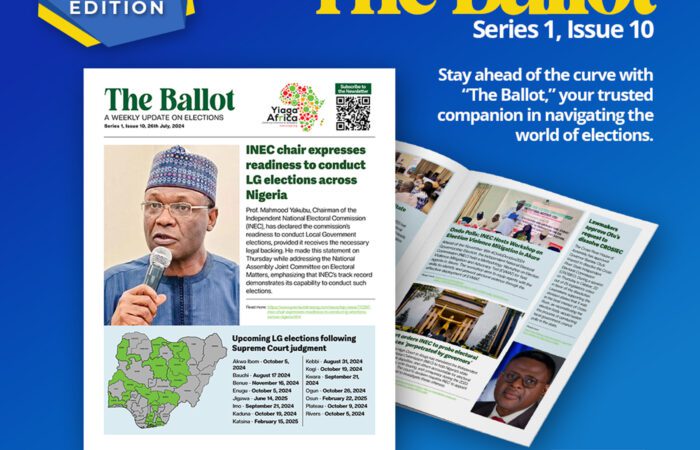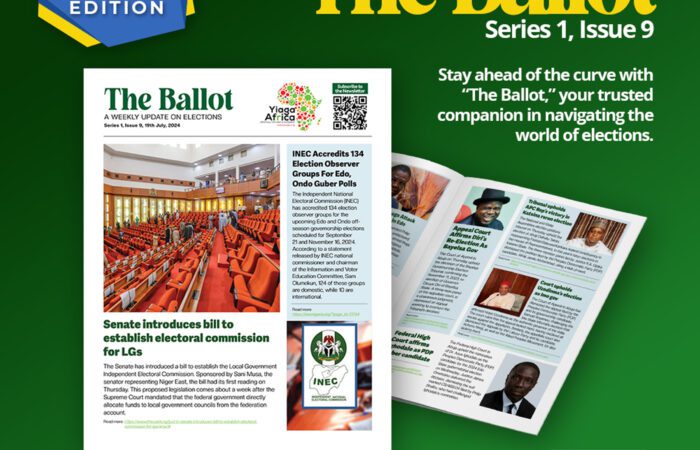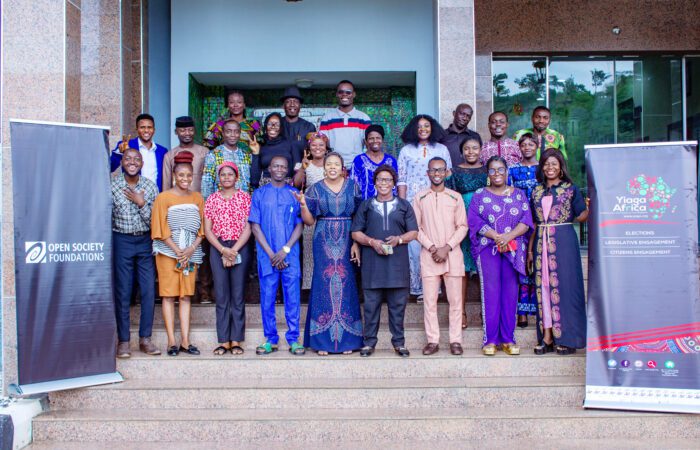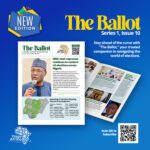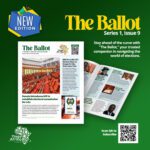One major slur on elections and indeed the democratic process in Nigeria is the practice of vote buying. It has become a recurring decimal in the nation’s elections, to the chagrin of right-thinking Nigerians and the international community. And not even the shadowy and powerful forces behind the uncouth practice can predict just how devastating its impact can be. It will be recalled that, disturbed by the monumental subversion of the electoral process that thrust him into office, a humbled President Umaru Yar’Adua had initiated some far-reaching electoral reforms. The quantum of litigations arising from competitive electoral contests, with some of the cases still pending in court since 2011, equally underscores the challenges posed by the worrisome trend.
In recent times, the impunity has graduated from what politicians call pre-paid to post-paid (vote buying), whereby voters are coerced to compromise their conscience and rights under the law. Before now, prospective voters were monetarily induced or settled, to use the common parlance, under oath, by opulent and influential politicians using stooges, surrogates and other categories of political jobbers, before casting their votes. This set of politicians and their gangs, in their inordinate ambition and desire to dominate the political space and strangulate democracy, have however upgraded their game, as voters now get paid only after having done their unpatriotic bidding. The political godfathers and demagogues are having a jolly good time at the expense of the nation’s democracy.
This latest strategy for undermining the secrecy of balloting requires that the voter display the ballot paper that (s)he has thumbprinted in favour of a particular party, so that the party agent standing strategically nearby can monitor, see and confirm compliance with the unholy contract as (s)he emerges from the cubicle at the polling unit. Having pleased the agent, the voter walks past the ballot box. Thereafter, (s)he is compensated in cash and kind, either immediately or at the close of balloting at an agreed spot and time, even before the result of the election is officially announced.
The practice, which is completely antithetical to the ethos and norms of democracy and the global standards, has added to the political lexicon of the country, such weird expressions as dibo ko se’be (Vote and cook a pot of soup) and cash-and-noodle, bordering on predatory and prebendal politics. This is a disservice to the less perceptible voter and, by implication, the electoral process. As such, we insist that major stakeholders must use the current opportunity provided by the National Assembly to raise the bar in terms of the rules of engagement in the electoral process. This is a crucial step in saving the system and protecting the long-term interests of the voter, and facilitating good governance and democracy.
The National Assembly should legislate to protect the people and guarantee the secrecy of balloting. Being a vital part of the strategic starting point to overcome voting buying, it should provide the Independent National Electoral Commission (INEC) with the needed legislation for electronic voting, complemented by simultaneous collation of results at the collation centres, whether at the zonal, state or national levels. This is the only way to deepen democracy and ensure that only popular candidates get elected. All persons and groups of conscience should mount pressure on the National Assembly members to do the needful, particularly as they are arguably interested parties in the current charade.
We urge the National Assembly to adopt further electoral reforms aimed at blocking extant gaps in the legal framework of the nation’s electoral process. The germane issues here include electronic voting and the use of technology in elections; regulating election expenses and increasing penalties for electoral offenders. Happily, INEC has enunciated plans to deploy a technology that would enable it to transmit election results electronically, directly from polling units to the state headquarters. No doubt, this will go a long way in eliminating rigging, electoral frauds and other irregularities. It will also enthrone credibility and transparency in the electoral process. The threat to the confidentiality of the process is real. It has a direct implication for the quality of leadership and governance.
Source: Nigerian Tribune

